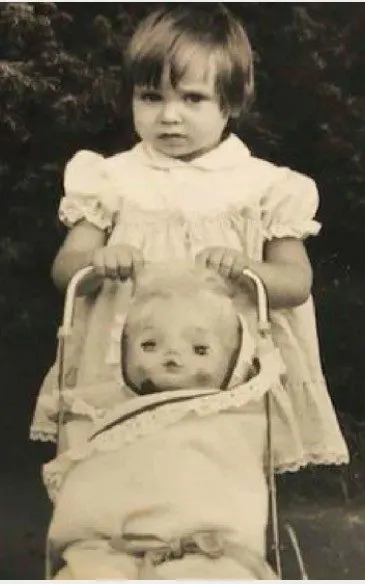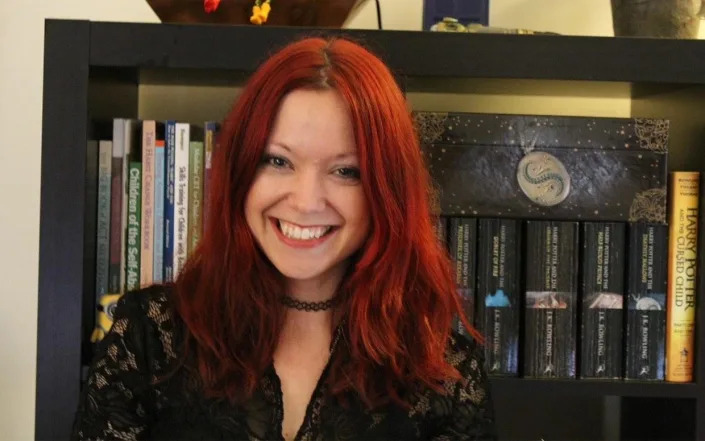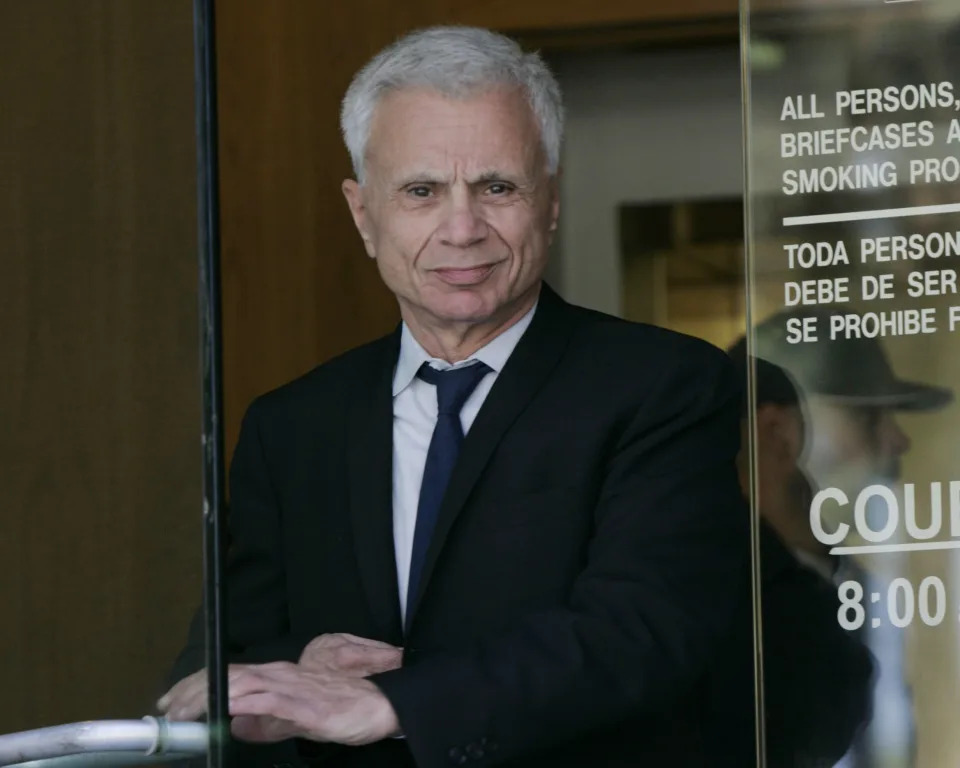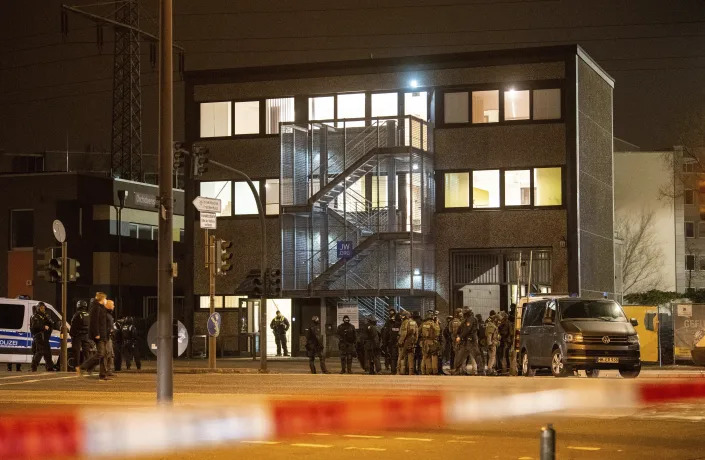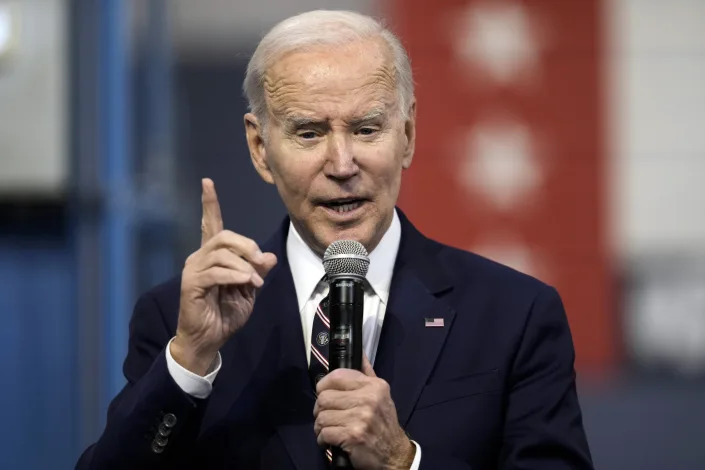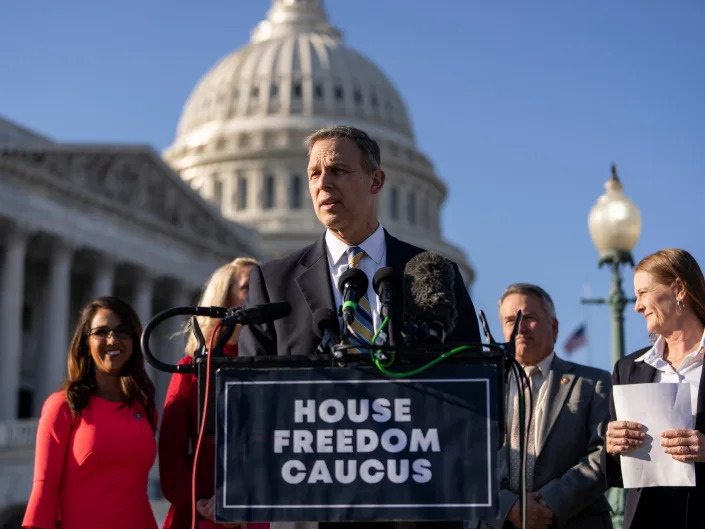By Alasdair Sandford & Euronews • Updated: 11/03/2023
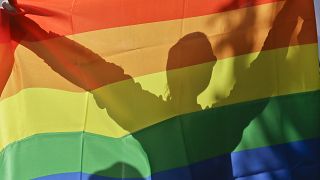
An activist in Ukraine's first gay pride demonstration seen through the rainbow flag during the action in Kyiv, Ukraine, Saturday, May 25, 2013. - Copyright AP Photo/Efrem Lukatsky
"As we are not married... I'm not protected and my partner is not protected by law... unfortunately I can die at any moment in Ukraine now."
Jul has been living in Kyiv throughout Russia's onslaught on their country, ever since Putin launched the full-scale invasion over a year ago. Together with partner Olha they recently applied to get married online -- a new possibility via the "Diia" ("action") government website.
"Our application was in progress for one day, one business day, and now we have a note of a rejection because unfortunately our constitution position of Ukraine we have this part is that marriage is a willing union between woman and man. That's why our application was rejected," Jul told Euronews.
The couple knew full well what would happen, but like many other LGBT+ couples who also applied, they saw it as a symbolic gesture.
"It's an opportunity to show to our government that this question, a question about civic partnership or same-sex marriage is still very important for Ukraine, especially during this year, during the full-scale war," Jul added.
'What happens if a partner is killed?'
Ukraine has increased support for the rights of LGBT+ people since Western-looking leaders came to power in 2014. Discrimination in the workplace was banned, but same-sex marriage or civil partnerships have not been legalised.
Same-sex marriage is very important for Ukraine, especially during the full-scale war
Jul
Member of Kyiv Pride
Inna Sovsun, a deputy in the Ukrainian parliament, believes that the government has been "dragging its feet for many years now" over the issue. This week she put forward a bill in parliament to legalise same-sex relationships.
She argues that the lack of equal opportunities not only amounts to discrimination, but the additional factor that Ukraine is at war with Russia puts into sharp focus the vulnerability of LGBT+ couples, for whom the consequences can be severe.
"We do have over 700,000 people who are serving in the Ukrainian army. Some of them are LGBT people. Those LGBT people, they do have partners, but they cannot in any way make their relations official," Sovsun told Euronews.
"So in case anything happens to the military person on the battlefront, his or her partner would not be able to make any medical decisions about the partner. Or if the worst happens, if a death happens, if the person is killed, again the partner would not have legal opportunity to make decisions about the burial and all of that. So that kind of adds the urgency to this situation."
The risk is far from theoretical. Olena Shevchenko of the human rights group Ukraine Insight told us there are "real stories, which you see almost every day" on the battlefield.
"Somebody died on the front line, and the partner doesn't have access even to recognise the body because this person's (considered) a nobody... Somebody also died on the front line and this woman had a family with a child. So what will happen next if your partner is not (the) biological mother of this child? What will happen to all those people or mostly those who have families with children?" she said.
"I would say there's a very deep frustration, especially for those of us who gave so much during this war, who are doing many unbearable things," she went on, adding that couples were facing an internal struggle with the Ukrainian authorities, on top of the war with Russia.
"But we have to fight, you know, on both sides, inside and outside. I don't think it is right," Shevchenko said.
Increasing support for LGBT+ rights
Opinion polls suggest that Ukrainians have become much more tolerant of homosexuality in recent years than they once were. One recently indicated that a majority was no longer opposed to same-sex marriage. In August 2022, an online petition to legalise it gathered more than 28,500 signatures.
President Zelenskyy, noting that the government had been looking at legalising same-sex relationships, responded by asking his prime minister to further examine the issue. But he added that during wartime, no changes could be made to the constitution, defining marriage as being between a man and a woman.
Russia is a homophobic country... we want to be different from themInna SovsunMember of Ukrainian parliament
However, the war has intensified the drive among LGBT+ rights campaigners for urgent change. Inna Sovsun argues that the contrast between Ukraine and Russia adds another dimension to the fight for equal rights in her country.
"We are now in a war with a highly homophobic country. Homophobia nowadays is basically part of Russian official ideology, and I think that in society, people also start to differentiate that we're different from Russia. Russia is extremely homophobic. We want to be different from them," she told Euronews.
"So I think that this also adds to our understanding of the problem as a society. And I think that actually creates better conditions for the legislation to be supported."







